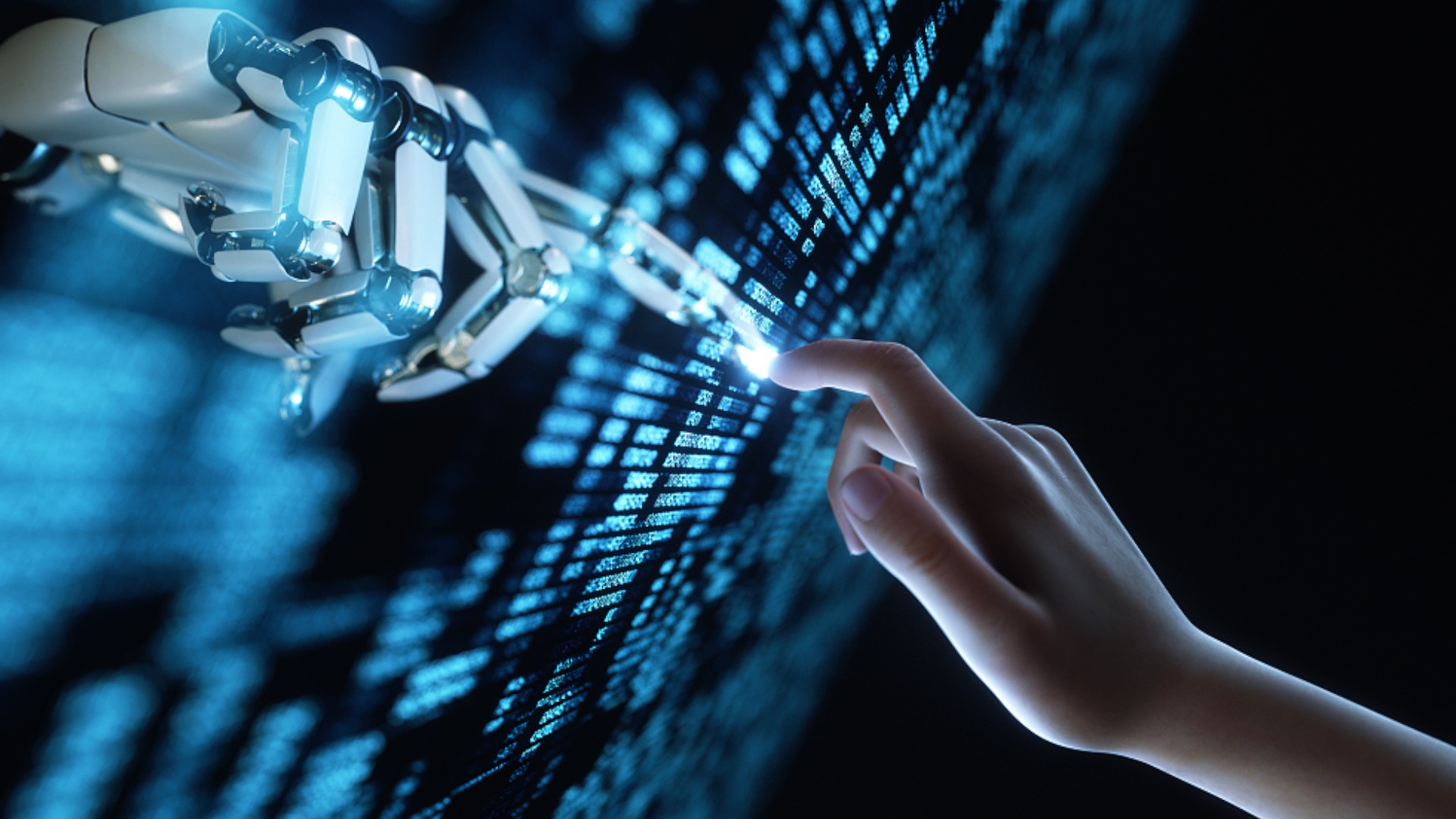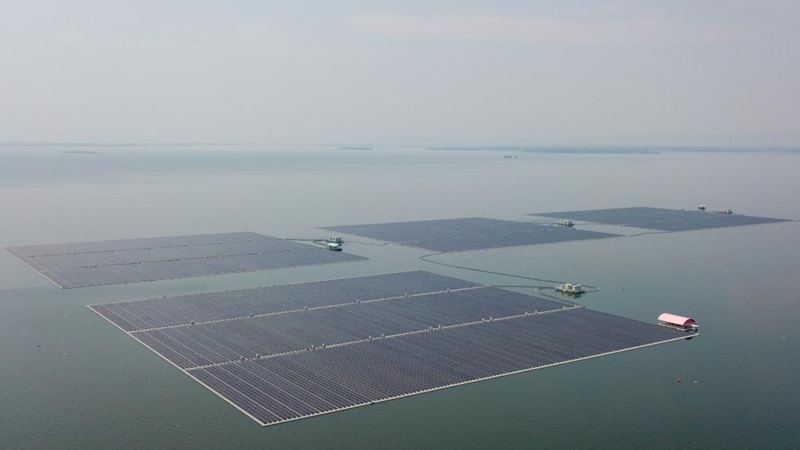The United Nations General Assembly unanimously adopted the first global resolution on artificial intelligence on Thursday, encouraging countries to safeguard human rights, protect personal data, and monitor AI for risks.
The nonbinding resolution, proposed by the United States and co-sponsored by China along with over 120 other nations, also advocates for the strengthening of privacy policies.
“Today, all 193 members of the United Nations General Assembly have spoken in one voice, and together, chosen to govern artificial intelligence rather than let it govern us,” U.S. Ambassador to the United Nations Linda Thomas-Greenfield said.
The resolution is the latest in a series of initiatives – few of which carry significant enforceability – by governments around the world to shape AI’s development amid fears it could disrupt democratic processes, turbocharge fraud, or lead to dramatic job losses, among other harms.
“The improper or malicious design, development, deployment and use of artificial intelligence systems … pose risks that could … undercut the protection, promotion and enjoyment of human rights and fundamental freedoms,” the measure states.
In November, the U.S., Britain and more than a dozen other countries unveiled the first detailed international agreement on how to keep artificial intelligence safe from rogue actors, pushing for companies to create AI systems that are “secure by design.”
Europe is ahead of the United States, with EU lawmakers adopting a provisional agreement this month to oversee the technology. The Biden administration has been pressing lawmakers for AI regulation, but a polarized U.S. Congress has made little headway. In the meantime, the White House sought to reduce AI risks to consumers, workers, and minorities while also bolstering national security with a new executive order in October.
The resolution aims to close the digital divide between rich developed countries and poorer developing countries to ensure that all are included in discussions on AI. It also aims to ensure that developing countries have the technology and capabilities to take advantage of AI’s benefits, including detecting diseases, predicting floods, helping farmers, and training the next generation of workers.
The resolution recognizes the rapid acceleration of AI development and use and stresses “the urgency of achieving global consensus on safe, secure and trustworthy artificial intelligence systems.”
It also acknowledges that “the governance of artificial intelligence systems is an evolving area” that requires further discussions on possible governance approaches and emphasizes that innovation and regulation are mutually reinforcing – not mutually exclusive.
Source(s): CGTN

 News6 days ago
News6 days ago
 News7 days ago
News7 days ago
 News7 days ago
News7 days ago
 Sports5 days ago
Sports5 days ago
 News7 days ago
News7 days ago
 World5 days ago
World5 days ago
 World6 days ago
World6 days ago
 News3 days ago
News3 days ago


















